Jewish Atlanta’s Inclusive Community
North American Jewish communities have been celebrating in February what has become Jewish Disability Awareness, Acceptance and Inclusion Month.
“Many people have the ability to do what they want, when they like, but being disabled can have its limitations. Everybody is different, so why is it that some people stare? Is it because of curiosity or ignorance? Usually it is the latter. People who stare at me make me feel insignificant and self-conscious, but I realize they are doing it because they see me as different. I often chalk it up as lack of knowledge and understanding.” – by a 25-year-old woman with ataxia-telangiectasia (A-T), a neurological disorder that affects balance and coordination.
Over the past decade, North American Jewish communities have been celebrating in February what has become Jewish Disability Awareness, Acceptance and Inclusion Month. Efforts remain focused on removing barriers, celebrating diversity and uniting communities to make Jewish life accessible for all.
In the past five years, the Atlanta Jewish community has made a collective inclusion effort to ensure that disabled members have easy access and encouragement to participate in all events.
Disabilities are not limited to those that result from aging or injury. On the contrary, disability can also be related to conditions that are present at birth, including gene and chromosome disorders such as Duchenne muscular dystrophy and Down syndrome. In addition, disability can come from longstanding conditions such as diabetes that can cause vision loss, nerve damage or limb loss.
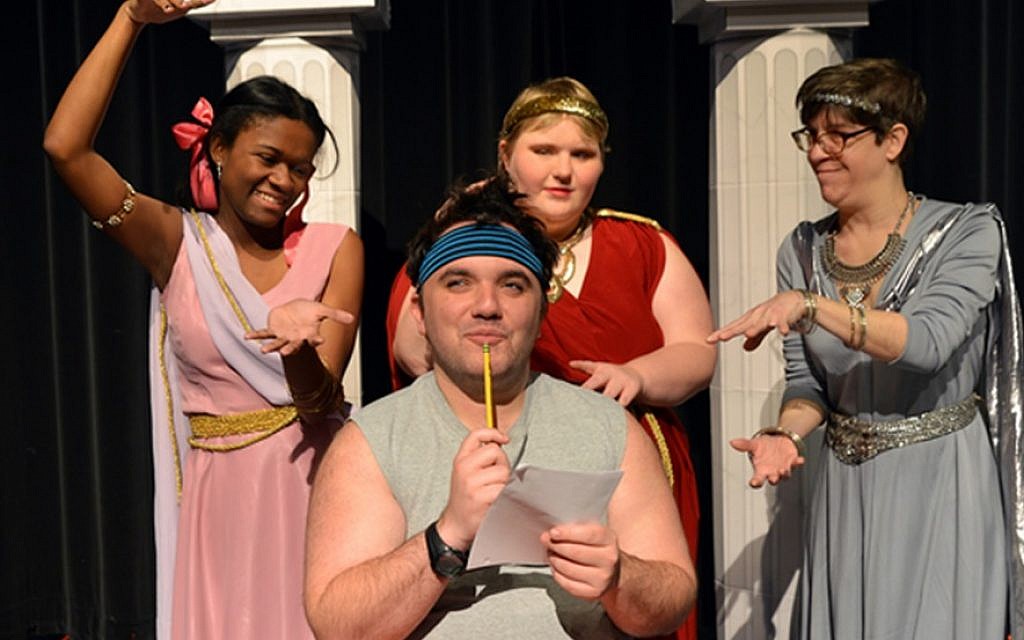
There are three dimensions to disability: impairment, activity limitation, and participation restriction, according to the World Health Organization. Impairment is a “ significant difference in a person’s body structure or function or mental functioning.” This includes, but is not limited to, the loss of a limb, the loss of vision and memory loss, as reported by the U.S. Department of Health and Human Services. Difficulty seeing, hearing, walking, or problem-solving suggests activity limitation. This is not to be confused with participation restrictions in normal daily activities, such as working, engaging in social and recreational activities, and obtaining health care and preventive services, WHO reports.
Most people often judge others by what they see and decide a person can or cannot do something by the way they look. This judgment can be equally frustrating for those who may appear unable, but are perfectly capable, as well as those who seem able, but are not.
What You Can’t See
An invisible disability is a physical, mental or neurological condition that limits a person’s movements, senses, or activities, but may not be clearly apparent to others. The very fact that they are invisible can lead to misunderstandings, false perceptions, and judgments. “A person is considered to have a disability if he or she has difficulty performing certain functions (seeing, hearing, talking, walking, climbing stairs and lifting and carrying), or has difficulty performing activities of daily living, or has difficulty with certain social roles,” according to Invisible Disabilities Association. An estimated 10 percent of people in the U.S. have a medical condition that could be considered some type of invisible disability, for example: ADHD, anxiety disorders, autism, bipolar disorder, chronic fatigue syndrome, chronic pain, depression, epilepsy, fibromyalgia, multiple sclerosis, narcolepsy, personality disorders and schizophrenia.
Politically Correct
We can measure how far our society has come as a whole by recognizing that years ago, awareness and inclusion was not a top priority. Starting at a young age, the education system now teaches children that the word retarded is unacceptable and politically incorrect. It is not a medical or legal term that should be used to describe someone. In 2010, Congress passed Rosa’s Law, requiring the federal government to replace the term “mental retardation” with “intellectual disability.”
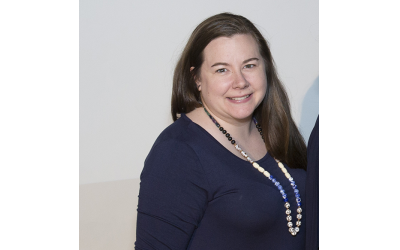
Terminology is especially important because of the number of people with “invisible disabilities,” said Annie Garrett, manager of the Greater Atlanta Jewish Abilities Alliance.
The Greater Atlanta JAA provides sensitivity and awareness training to the community that stresses the use of inclusive terminology. The organization also promotes its vision of an inclusive, spirited environment that celebrates the diversity in the community and the uniqueness of every member. JAA focuses on “improving access to synagogues, Jewish education and daily rights that we all have to experience,” Garrett said.
Among JAA’s goals is to equip organizations in the community with the tools and resources that they need to enable them to practice inclusion in their own realms, she said. JAA provides schools and synagogues with training, resources and funding so that they can be fully inclusive, Garrett said.
One of the ways JAA educates the community about inclusiveness is by introducing the concept of “people first” language, she said. It is a commonly accepted way of defining an individual by highlighting their humanness first rather than their disability. “Addressing someone as ‘the woman who is blind’ is preferred over addressing her as ‘the blind woman’ in that it places a value on the humanness of the individual,” Garrett said.
Each person is worth more than his or her IQ or cognitive function, she said. The current generation seems to look beyond the surface and trains people to celebrate inclusion in every interaction. “I strongly believe that every individual should have access to places in the community they want to be a part of. Our role is important. Hopefully we can improve that access,” Garrett said.
JAA tries to be inclusive of those who are obviously in need, as well as those less obviously, with the hope that it will encourage the rest of the Atlanta Jewish community to do the same, she said.
Synagogues around town regularly host programs such as inclusion Shabbat services, which incorporate inclusion practices into the experience and involve the entire community.
Garrett cited other examples of the Atlanta Jewish community being more inclusive. On Saturday night, Congregation B’nai Torah and Pizmon, a visiting co-ed pluralistic Jewish a cappella group invites those with “unique developmental abilities” to participate in a free workshop. Participants will be invited on stage to perform a song with Pizmon during a community-wide concert, followed by an ice cream social.
An illustrated Torah, housed at the Marcus JCC, is also available to the community to provide a sensory approach, helping students with impairments that could hinder their participation in Jewish services, Garrett said. Congregation Beth Shalom’s Alefbet Preschool recently requested it for classroom use.
Recreation for Special Needs
The MJCCA’s Blonder Family Department for Special Needs, established in 2002 through a generous endowment by Jerry and Lois Blonder, provides social and recreational programming to community members throughout the full life cycle, from childhood to adulthood.
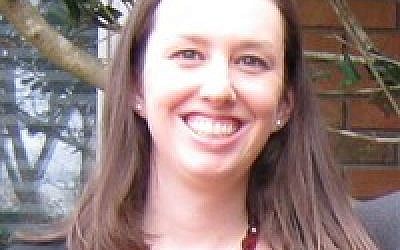
“We want to serve everybody. We want everyone to be included. Sometimes we have to get creative, but we do help everyone regardless of their abilities” said Elizabeth Knapp, director of the Blonder Department.
Most of the programming is in group settings, including cooking and art classes, sports sessions and dinner outings. There’s one-to-one attention within those group settings, though, she said.
This past summer, 130 children attended summer camp programs, and some of them paired with a staff member to “help them navigate the day camp scene,” Knapp said. When asked about challenges faced when striving for full inclusion, Knapp noted that a general lack of awareness creates a struggle to find a truly welcoming community. “We pride ourselves on highlighting abilities rather than disabilities,” by trying to show everyone that people with disabilities can do more than generally assumed, Knapp said.
An Insider’s Perspective
Jerry’s Habima Theatre at the MJCCA is Georgia’s only theatrical company bringing together professional actors from the community and talented adult actors with special needs to present musical theater productions to sell-out audiences. The theater has allowed Michelle Cristal, now 48, to be around other people like her with disabilities and have a good time. Michelle is looking forward to her first performance as a leading role in the production, “Xanadu Jr.” Before she became involved in activities in the Jewish community, the confident woman with a developmental disability described herself as being shy and keeping to herself.
She started her journey at Ahavath Achim Synagogue preschool and later earned her high school diploma before becoming actively involved in the programs for people like her in the Atlanta Jewish community.
Michelle leads a busy and fulfilling life by participating in the VSP (Very Special People) program within MJCCA’s special needs department. She’s also enjoyed a 10-year career at Marshalls that she secured through Jewish Family & Career Services. “I’ve become close friends with other people with developmental disabilities, and if I didn’t have these organizations, I don’t know what I would have done,” Michelle said in a phone interview.
Social Life and Career Moves
JF&CS has many services across the human lifespan to encourage and enable inclusion, Garrett said.
She pointed to its residential and employment services for adults with disabilities.
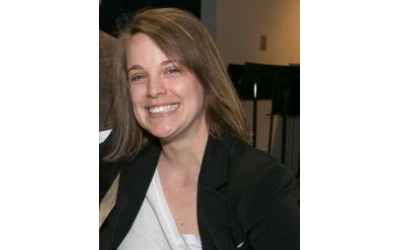
“We have been renovating our sensory room that our clients use to stimulate senses and help them relax by adding new equipment to enhance the overall experience,” said JF&CS Community Access Program Manager Abby Frantz.
JF&CS supports employment for people with disabilities by providing opportunities such as working in gyms and salons to boost life and social skills.
Recently, Abby Frantz co-hosted the Jewish Abilities Alliance’s annual “Power of One” awards to honor members of Jewish agencies that make a difference in the area of inclusion. The goal is to “bridge the gap” between able-bodied members of the community and those with disabilities “to encourage a united community,” Frantz explained.
Spread the Word
Founded by two youth leaders in 2009, Spread the Word is a global engagement campaign that addresses a very powerful form of exclusion: the word ‘retard(ed).’ Millions of participants in schools, workplaces and communities around the world pledge to end the R-word.
Each pledge signifies a personal commitment to acknowledge the damage caused by the R-word and to speak respectfully to and about people with intellectual and developmental disabilities. Hundreds of organizations, including the Special Olympics and Yachad, The National Jewish Council for Disabilities, have pledged to end the R-word and work toward ensuring inclusion in every aspect of Jewish life.
On day six of its 28 Days of Inclusion Challenge, Yachad members took photos of themselves holding signs that stated, “We pledge to end the ‘R-word’” and posted them on Instagram to flood followers with their efforts to be inclusive and sensitive.
This campaign is still accepting pledges through March 6, the official Spread the Word day.
Community Resources
CDC resource on people-first language: www.cdc.gov/ncbddd/disabilityandhealth/pdf/disabilityposter_photos.pdf
Greater Atlanta Jewish Abilities Alliance calendar: www.atlanta.jewishabilities.org/calendar
Behavioral health hotline adds text and chat access to reach Georgia’s youth offering free and confidential access to services for mental illness, substance use disorders, and intellectual and developmental disabilities: www.dbhdd.georgia.gov/access-services
- Health and Wellness
- Community
- Jewish Disability Awareness Acceptance and Inclusion Month
- Greater Atlanta Jewish Abilities Alliance
- Congregation B'nai Torah
- MJCCA
- Congregation Beth Shalom
- Blonder Family Department for Special Needs
- Elizabeth Knapp
- Jerry's Habima Theatre
- Ahavath Achim Synagogue
- Jewish Family & Career Services
- Abby Frantz
- Special Olympics
- Sonia Field
- Feature
- JDAIM
- Annie Garrett
- Invisible Disabilities Association
- Spread the Word



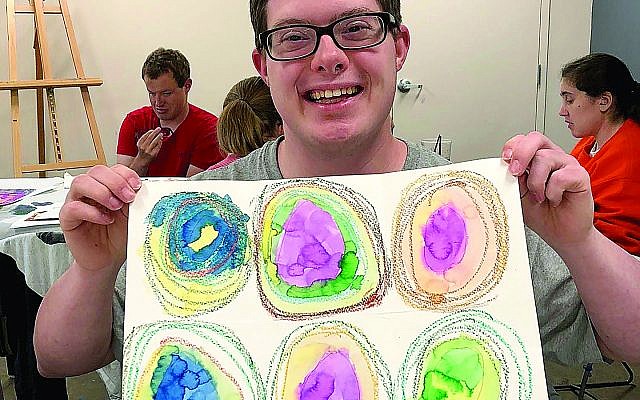
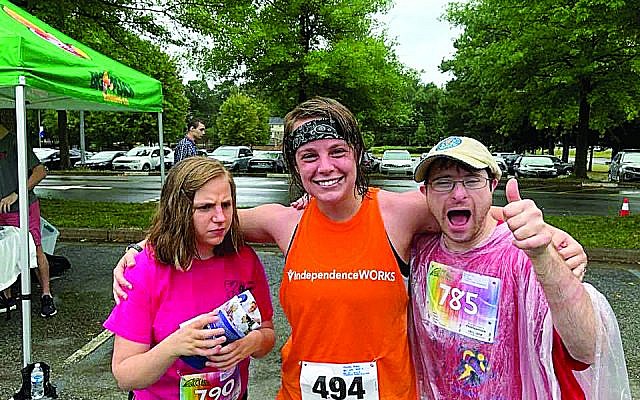
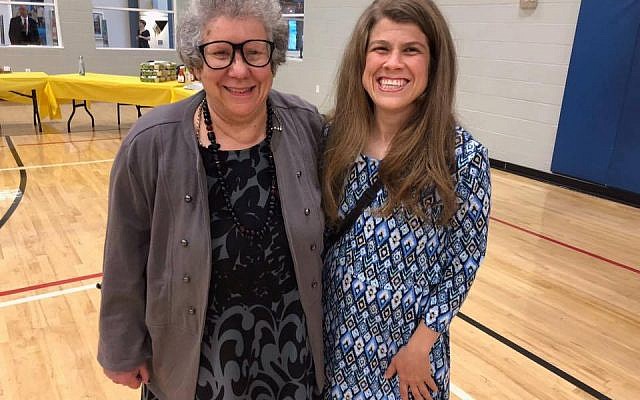
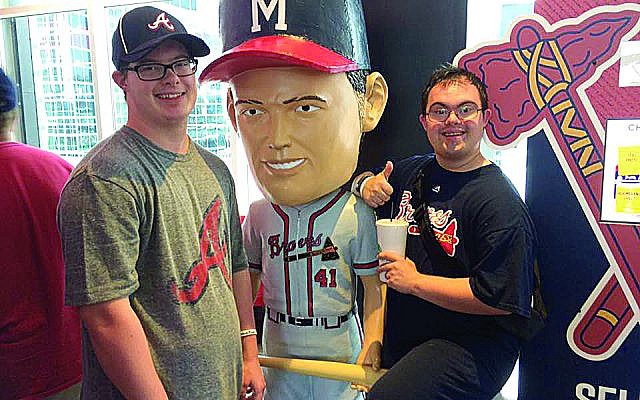
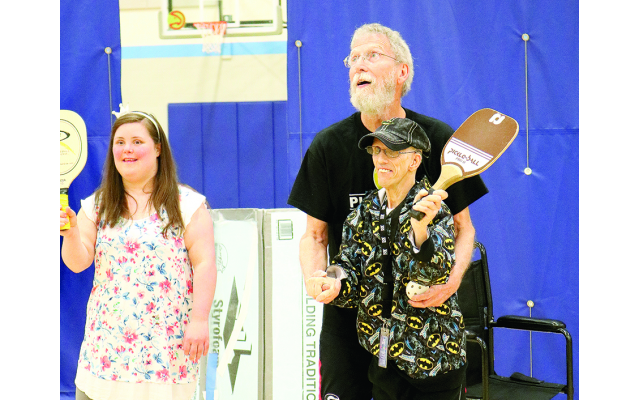
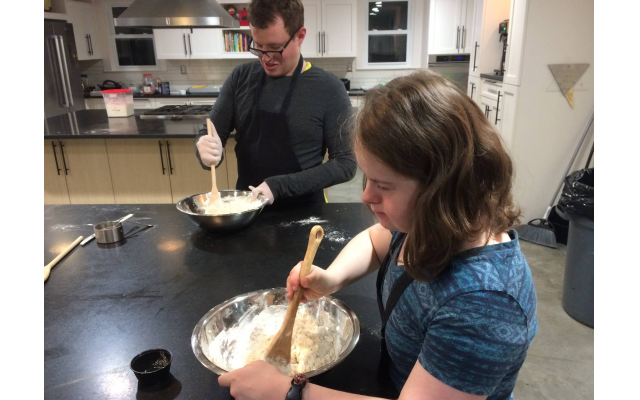
comments